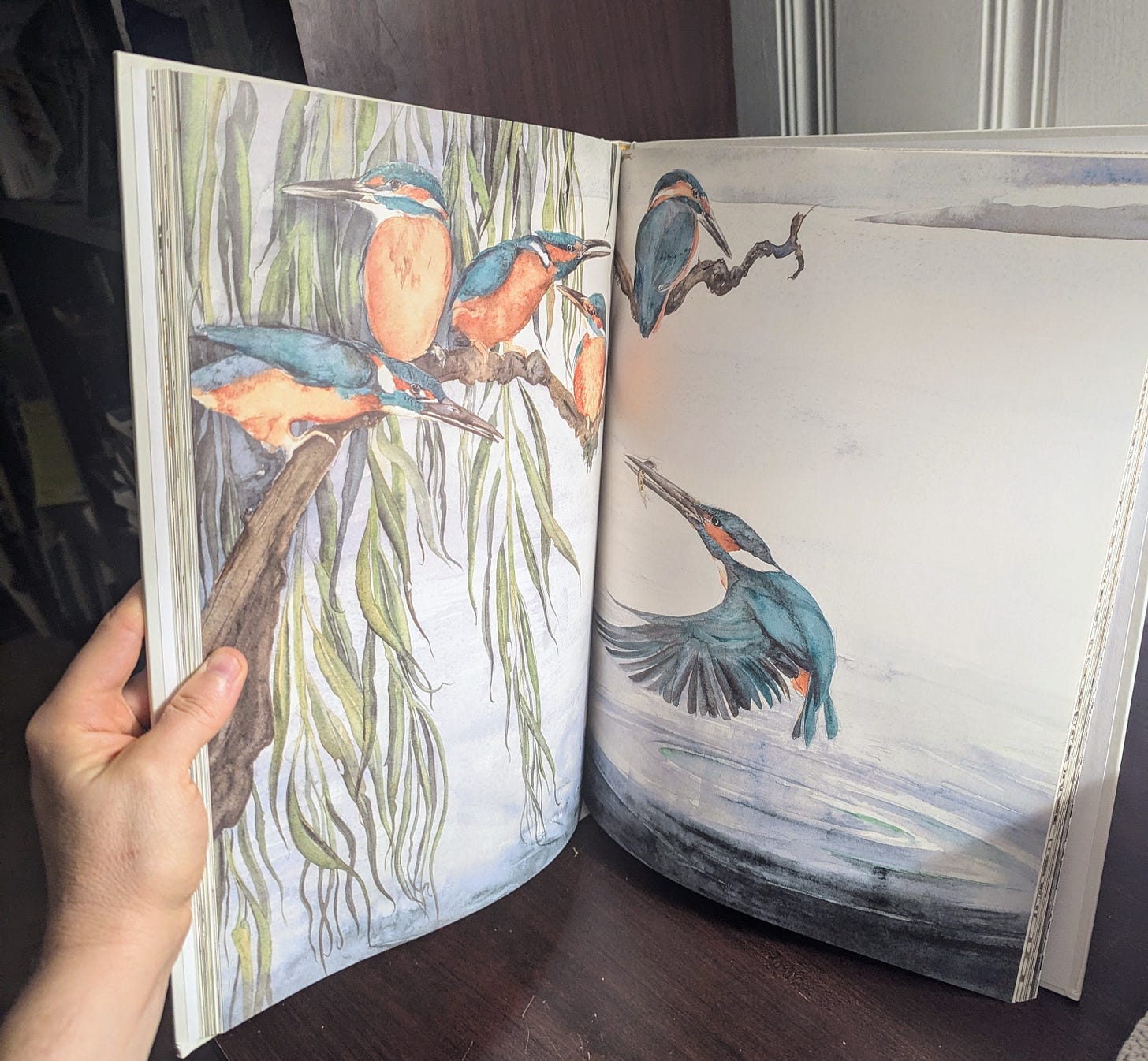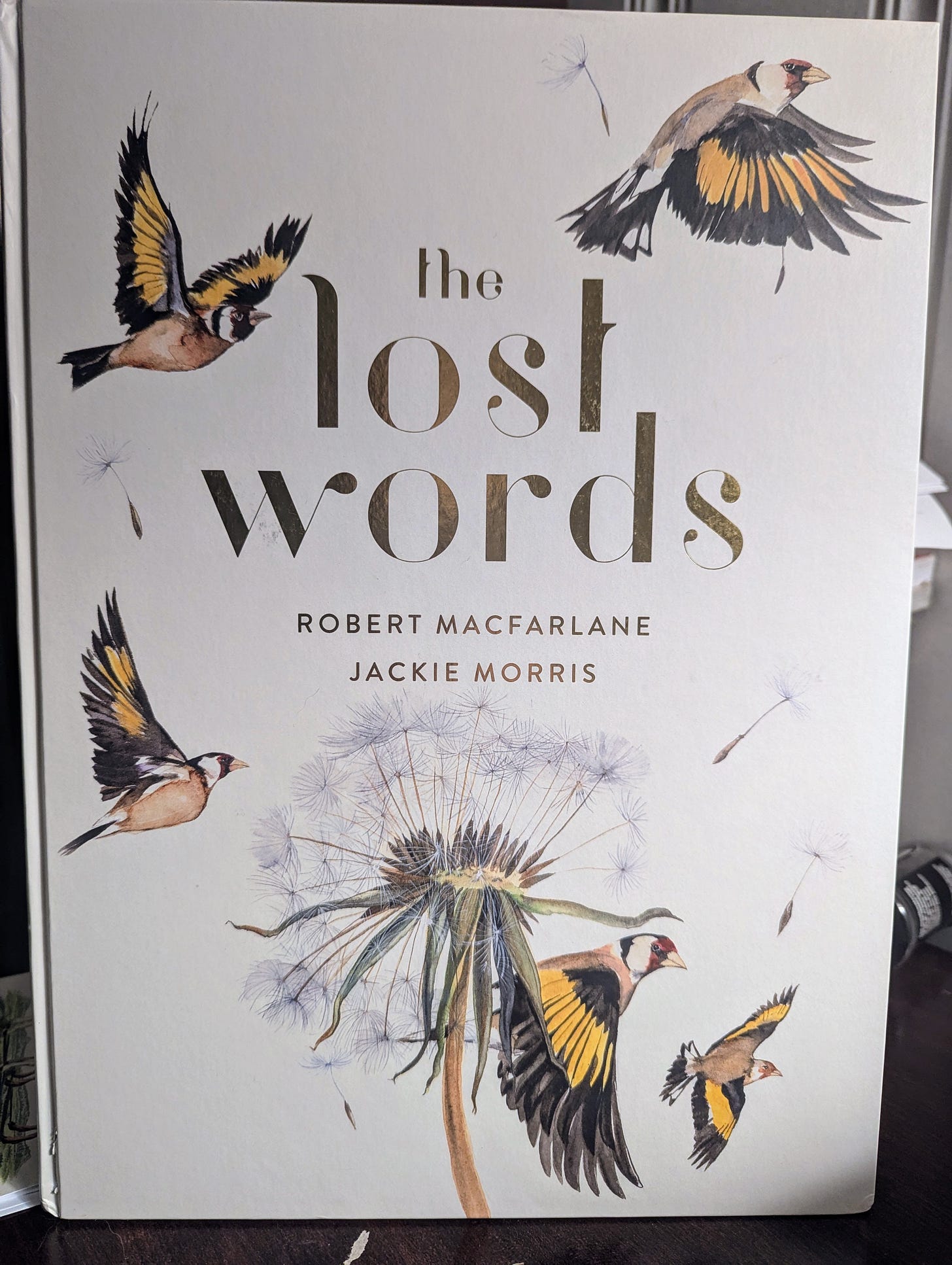
Last month, I had the privilege of attending my very first grown-up literature conference entitled, “Growing Younger,” hosted by my alma mater, Covenant College. The conference mostly focused on recapturing childlike wonder through the works of George MacDonald, C.S. Lewis, and other authors. It also featured a poetry workshop given by the keynote speaker, renowned poet, musician, and art-meets-faith author, Dr. Reverend Malcom Guite.
I didn’t know much about Malcom Guite. And I’m not a huge fan of poetry. But an author friend told me that, in addition to the descriptors above, Malcom was practically a modern day hobbit, and someone had even read one of his poems at King Charles’ coronation.
As a lover of British culture and literature, that got my attention. I’d registered for the conference as soon as I could and bought one of Malcom’s books, Lifting the Veil, so I could better appreciate his instruction. (I even read half of it before the conference!)
Although I’d never attended a literature conference before, I definitely had my expectations. I expected to enjoy exercising my mind. I expected to enjoy eating food I had not personally prepared. And I expected to get reinspired to tackle my own novel-writing projects.
What I did NOT expect was to have my emotions so intensely engaged — particularly during Malcom’s poetry session and the story he shared which I shall do my best to relate to you now. (You can find his own retelling of this story in his charming YouTube Series, “A Spell in the Library.”)
Several years ago, the Oxford Junior Dictionary decided to publish their new edition of words for children. Possibly due to the restriction of word limits and the cost of publication, they opted to remove some old words from the juvenile English canon to make room for newer, more relevant words. After running an algorithm, they determined there were certain terms kids used a lot these days, while others had practically disappeared from public discourse. They published their new dictionary edition accordingly.
Cambridge University English Faculty member and writer, Robert MacFarlane, wrote an article highlighting some of the dictionary’s discarded words no longer deemed necessary for the new generation. Words such as:
Acorn.
Bluebell.
Dandelion.
Fern.
Heron.
Ivy.
Otter.
Raven.
Willow.

And the like.
These were removed to make room for more popular words like blog, celebrity, chatroom, broadband, and voicemail.

How the heck were kids going to appreciate British classics like The Wind in the Willows if they didn’t know what a willow was?! How would they sing the carol, “The Holly and the Ivy,” if they didn’t know what ivy was?! How could they comprehend all the plants and animals mentioned in Watership Down and those featured in Beatrix Potter’s Peter Rabbit illustrations without understanding these words?
Understandably, Malcom Guite was also upset by the article.
And what do creatives do when they get upset? They create! (Or drink, but creating is far more edifying.)
Here’s a few lines of the poem, “A Lament for Lost Words,” Malcom Guite wrote in response:
“To graceful names and lovely woods farewell
To acorn, adder, ash, to beech and bluebell …
Farewell, your fields are brick, our books are barren
No dandelion or fern, hazel or heron …
We’ll hear no more the heaven-scaling lark
We’ll all go down together in the dark.”

Malcom sent the poem to Robert Macfarlane. And rather than shake his head at the sad gaps in children’s vernacular vocabulary, Robert Macfarlane decided to do some creating of his own.
After partnering with brilliant illustrator, Jackie Morris, MacFarlane went on to publish a breath-taking book calling into being a selection of these lost words. Their book, The Lost Words, includes acrostic poems dedicated to each plant and animal named, then reveals a full spread illustration which features the lost word in its natural context with other plants and animals. The book is truly spell-binding!
Robert invited Malcom to the book release. And I’m happy to say that not only did the Oxford Junior Dictionary wind up reinstating the lost words in their later edition, but through generous fundraising efforts, there is now a copy of The Lost Words in many, many primary schools and libraries across England.
*Happy sigh …* I do so love a happy ending!
The conference ended, and I returned to my own enchanted world of animal husbandry and child-rearing, complete with loads of manure and laundry. But as I reflected upon my conference experience, I was surprised at how strongly I’d reacted when listening to Malcom’s story for the first time. I’d felt my hackles rising when I heard the list of the deleted words. And I’d practically cried when I heard Malcom’s poem of lament. Which begs the question — why?
Why would I find the loss of a few vocabulary terms in a children’s dictionary so downright offensive?
What is it about these specific words which would make their loss so wrong?
Why wouldn’t I naturally affirm the development of contemporary linguistics?
And would I have reacted so strongly if the deleted words had been terms like toaster, lug nut, hard drive, and turpentine? Probably not.
Is it because the lost words were linked to personal memories of playing in the woods as a child? Perhaps.
Is it because children nowadays seem to spend more time staring at screens than gazing at stars? I think that’s getting closer to the mark.
At its core, losing words describing God’s creation leads to losing a key element of our humanity.
In the beginning, God gave man a very short list of jobs to do in the wonderful world He had made:
Name the animals. Name. Co-create. Identify. Appreciate.
Be fruitful and multiply. Flourish. Fill. Grow. Commune.
Take dominion ( a term not to be confused with “domination”) Steward. Caretake. Design. Invent. Garden. Make order out of chaos.
Humans were designed to marvel at the magnificence of atoms, cells, insects, leaves, trees, flowers, water, whales, horses, thunderstorms, sunsets, constellations, and galaxies. All these declare the glory of God, Scripture says.
But when we cease to name and wonder at the reality God has made in favor of reveling in the virtual reality of what man has made, I think we’re losing our souls. Or at least our sensitivity to that which was designed to make us marvel at God.

As I once heard Louie Giglio say at a youth conference many, many moons ago when I was a teenager, we are designed to reflect God’s glory like the moon does the sun’s. When people see our light, they should be able to trace it to its true source.
Now, of course, I’m not saying all screens and technological advancements are evil. I’m typing this article on a computer. I’m about to post it on the internet so others can benefit from it. I am a huge fan of air conditioning, instantaneous hot running water, refrigeration, automobiles, phones, planes, movies, and indoor ovens. We live better than kings of old, folks.
But if we forget God’s creation, we could find ourselves forgetting God, too. Or at least our wonder of Him as we meaningfully engage with what He has made.
Which is why I am grateful to the likes of Malcom Guite, Robert Macfarlane, and Jackie Morris for helping me remember. Many thanks to them!
And thanks to my husband, Jason, for my early Christmas present!







What a wonderful writing Katie! Thank you.
Thanks for this!